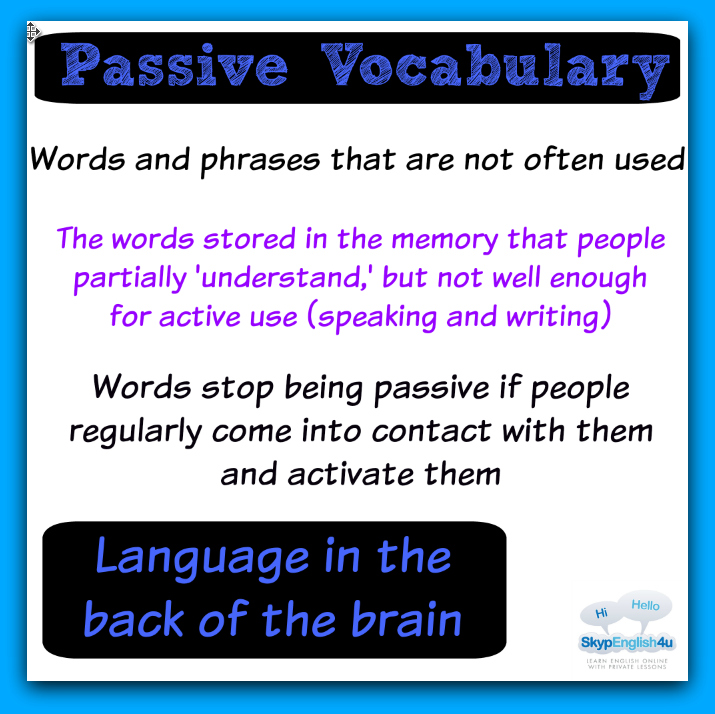Common Marriage Phrases
Marriage. A timeless conversation topic. People talk about it before it happens, when it is happening and after it happens.
In the English language we commonly use the word GET before the word married.
The moment you say ‘I do’ (or actually sign the document) that is the moment you get married.
Phrases speaking about it happening in the FUTURE
Some little girls dream of getting married.
I want to get married on the beach.
I never want to get married.
I’m getting married!
We will get married next year.
Phrases speaking about it happening in the PAST
We got married in May.
They got married in Mexico.
He never got married.
The actual marriage ceremony is the wedding (celebration)
The marriage ceremony will be at a church.
The wedding will be in New York.
The marriage ceremony was lovely.
Kim’s wedding was the best I have ever been to.
Once you get married (sign the document) you are married
I am married.
James is married.
They are not married.
And FINALLY the word MARRIAGE (which is a noun)
I have a great marriage.
Their marriage was bad.
When friends get together, they often talk about their marriages.



